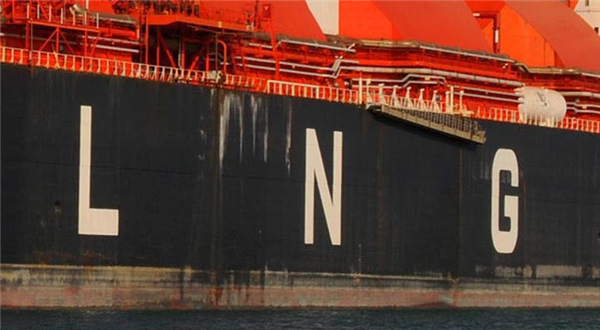China LNG imports claw back coronavirus losses
The world's second-largest economy saw its LNG imports surge in May as operations at its LNG terminals normalised following the coronavirus backdrop. China has also stepped up imports of cheaper LNG sources and turned away from piped gas supplies
Chinese LNG buyers are entering the spot market to pick up distressed cargoes, which likely originate from Nigeria and the US
CHINA’S liquefied natural gas imports sharply rose in May, recovering from coronavirus-triggered disruptions to post a first-half increase on year, data shows.
Imports fell below last year’s levels to bottom out at 4m tonnes in February but staged a strong rebound to reach 5.8m tonnes, or 92 shipments, in May, according to China-based consultancy Shipformula.
Separate data released by China’s customs department showed a 7.8% year-on-year increase in LNG imports from January to May to 25.8m tonnes.
Sophie Tan, Poten & Partners’ head of business intelligence for Asia Pacific, said China has imposed coronavirus-triggered travel bans for certain parts of the country, which may have affected manpower supply at the country’s LNG receiving terminals in February and possibly in March.
But Chinese LNG importers have subsequently stepped up on imports “to restore storage levels”, of which she described as an “inventory effect … post-lockdown”.
Shipformula data reflected a possible tapering of this inventory effect, with its June estimate for China’s imports declining to 5.1m tonnes or 80 shipments.
China’s customs have yet to release official data for the country’s LNG imports in June.
As with buyers elsewhere, Chinese LNG importers have turned to purchases of spot cargoes, which holds implications for the adjacent shipping market.
“Importers have exercised their downward quantity tolerance when concluding the annual delivery programme for the higher-priced term contracts early this year,” Ms Tan said.
DQTs are essentially allowances built into LNG term offtake contracts for buyers to fall short of meeting annual contracted quantities without experiencing sanctions.
Ms Tan pointed out that with spot prices seen trending lower than those tied to term offtake, one net effect would be an increase in spot trades to make up for a reduction in term volumes.
US LNG cargoes that have been cancelled by term offtakers are likely to have found their way across Chinese borders.
In May, shipments from the US made up 8% of China’s LNG imports, according to Shipformula data.
PetroChina is the only national oil company that has standing offtake arrangements for roughly 1.2m tonnes of LNG each year with US producer Cheniere.
Its parent group, China National Petroleum Corp, has reportedly slashed piped gas imports to take in cheaper alternatives offered by LNG truckers.
It is also highly likely that Chinese importers have picked up cargoes made available on the cheap from Nigeria.
“Nigerian cargoes were cheaper than other sources of LNG some time in the second quarter because they had become distressed due to a sudden drop in demand for them,” Ms Tan said.
China sourced 7% of its LNG imports from Nigeria in June, up from 4% in May, Shipformula said.




